Google made a change in Android 9 to improve battery life; now some app developers are steamed
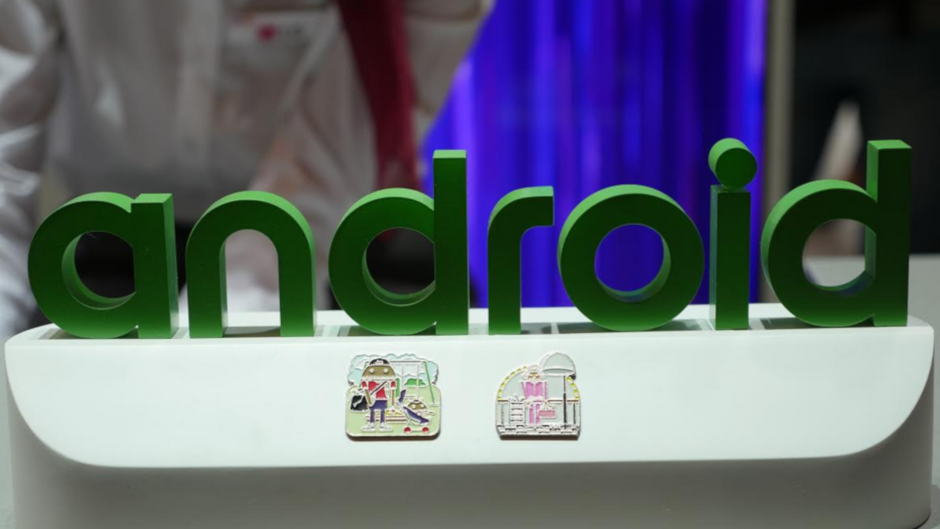
Several developers have posted complaints on Google's issue tracker website for Android (via Android Police). The problem is that starting with Android 9 Pie, Google has limited the number of times an app can perform Wi-Fi scans. Such scans are required by certain apps that perform indoor navigation, measure signal strength, analyze Wi-Fi coverage and more. For example, the developers of an app called ElectroSmart posted several complaints. The app measures the strength of different signals near phone users to help them limit their exposure to RF radiation.
Not including system apps, Android 9 Pie limits the number of times an app open in the foreground can be scanned to four times every two minutes. An app in the background is scanned only once every half an hour. On Friday, Google responded to the complaints by saying "Once again, thank you for submitting the feature request. After following up with our product and engineering teams, the feature request will not be considered at this time." In other words, these developers are SOL. However, Google did add that in Android Q, rooted phones will be able to toggle off this throttling. However, considering that the vast majority of Android users don't root their phones (and many have no idea what it means), these developers are not going to get much relief even in the next build of Android.
"ElectroSmart is an app that shows the evolution of different signals (Wi-Fi, 2G, 3G, 4G, and Bluetooth) in realtime (updates the results every 5 seconds) when the app is run in foreground. It uses curves to represent this graphically. As such, the users of ElectroSmart who use the app in foreground expect the results to be updated in that frequency. Now with the new restrictions of Android Pie, the results shown to the user static after the four scans in 2-minute period are exhausted in the first 20 seconds of the use of the app. This makes the application a whole lot less useful."-Arnaud Legout, developer, ElectroSmart
Last summer, Google responded to the initial posts by saying that it needed to throttle Wi-Fi scanning in order to improve battery life and network performance on Android phones. One post suggested that Google allow users to whitelist certain apps; this would allow them to decide for themselves whether the functionality of a particular app is worth losing some battery life over. That would seem to be the best solution to this issue. After all, as this same post points out, smartphone users are willing to accept losing battery life when a GPS based navigation app is open.
Follow us on Google News







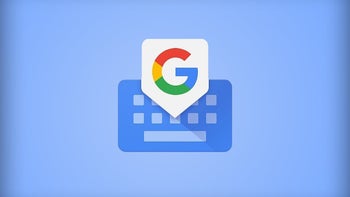
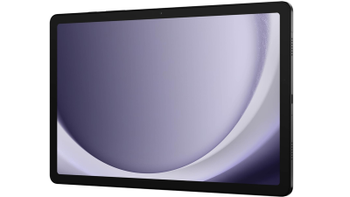
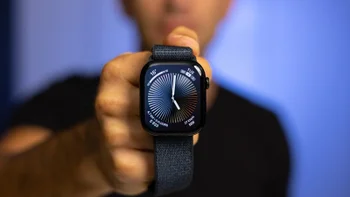
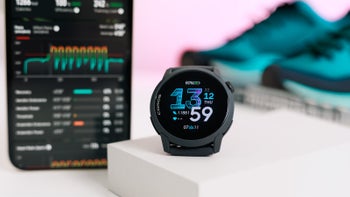
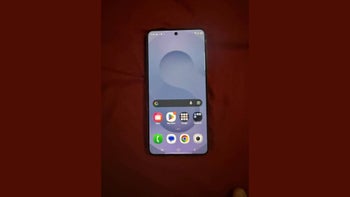
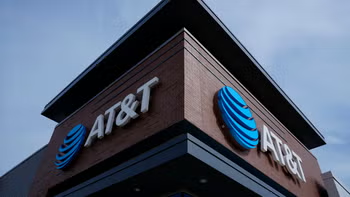
Things that are NOT allowed:
To help keep our community safe and free from spam, we apply temporary limits to newly created accounts: